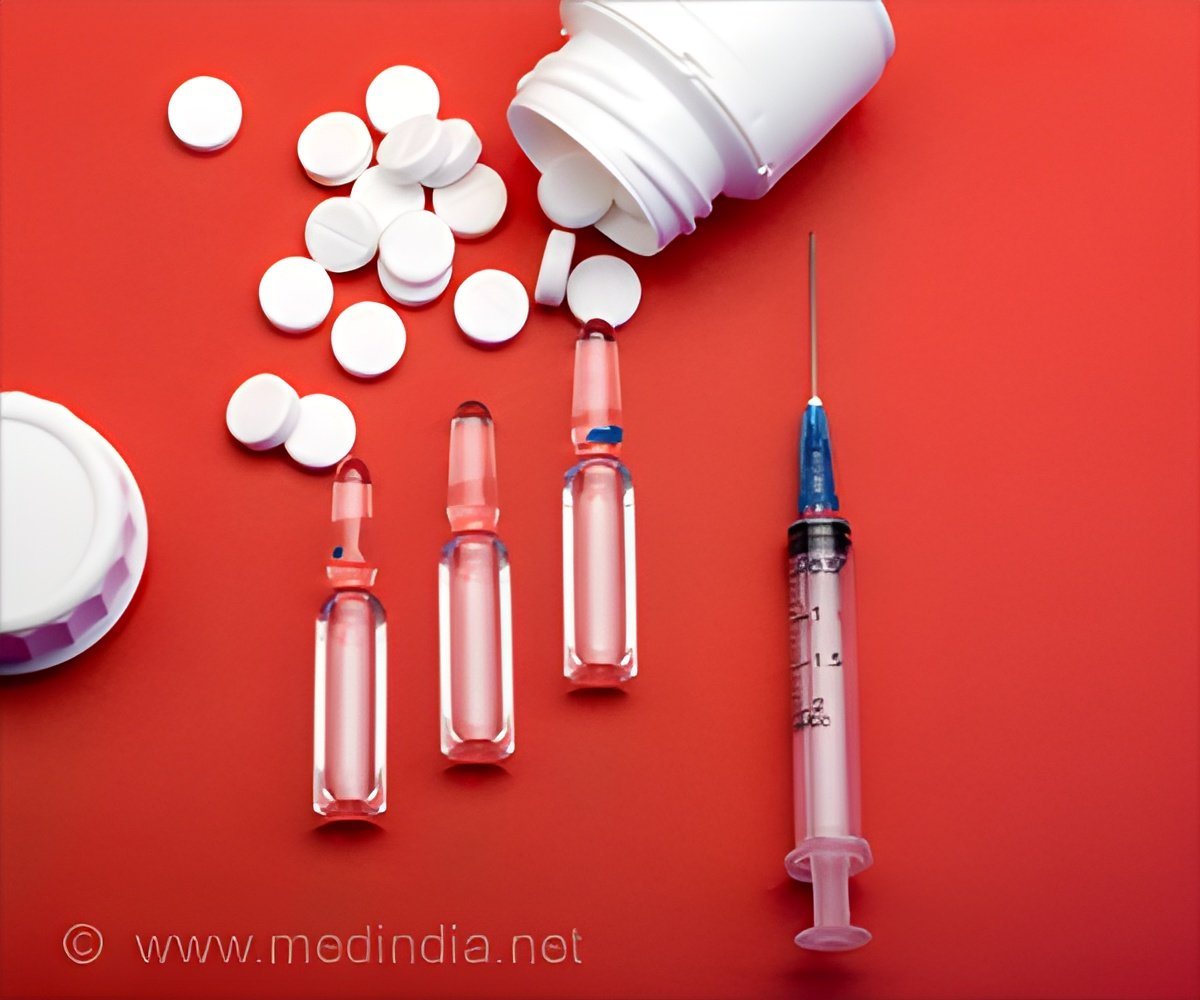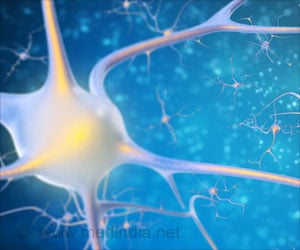
Cardiac hypertrophy, which afflicts one in 500 people, can be caused by high blood pressure or inherited through genes that control contraction of the heart.
University of Illinois professor and head of physiology and biophysics, R. John Solaro and his colleagues believe that if the thickening of the heart muscle could be slowed, or maybe even reversed, heart failure could be prevented.
Solaro and his UIC colleague Yunbo Ke, research assistant professor of physiology and biophysics, were interested in a chemical derived from a fungus used in traditional Chinese medicine as an eternal-youth nostrum.
That compound, designated FTY-720, has been developed into a drug to treat multiple sclerosis and is a chemical cousin to the drug most widely used to suppress the immune system and prevent organ rejection in transplant patients.
The substance, Solaro said, "mimics certain lipids in the body that play a role in the development of cardiac hypertrophy."
Advertisement
The researchers also showed that the drug inhibits expression of several genes involved in cardiac hypertrophy.
Advertisement
Source-ANI














